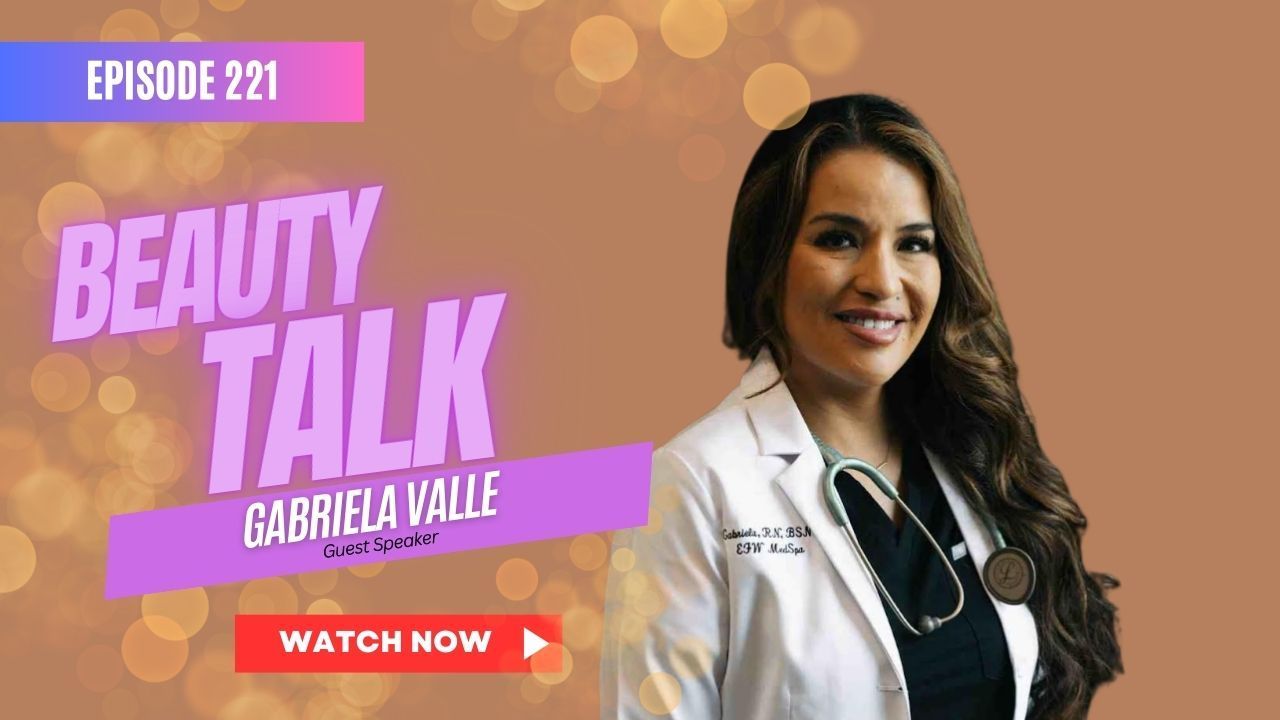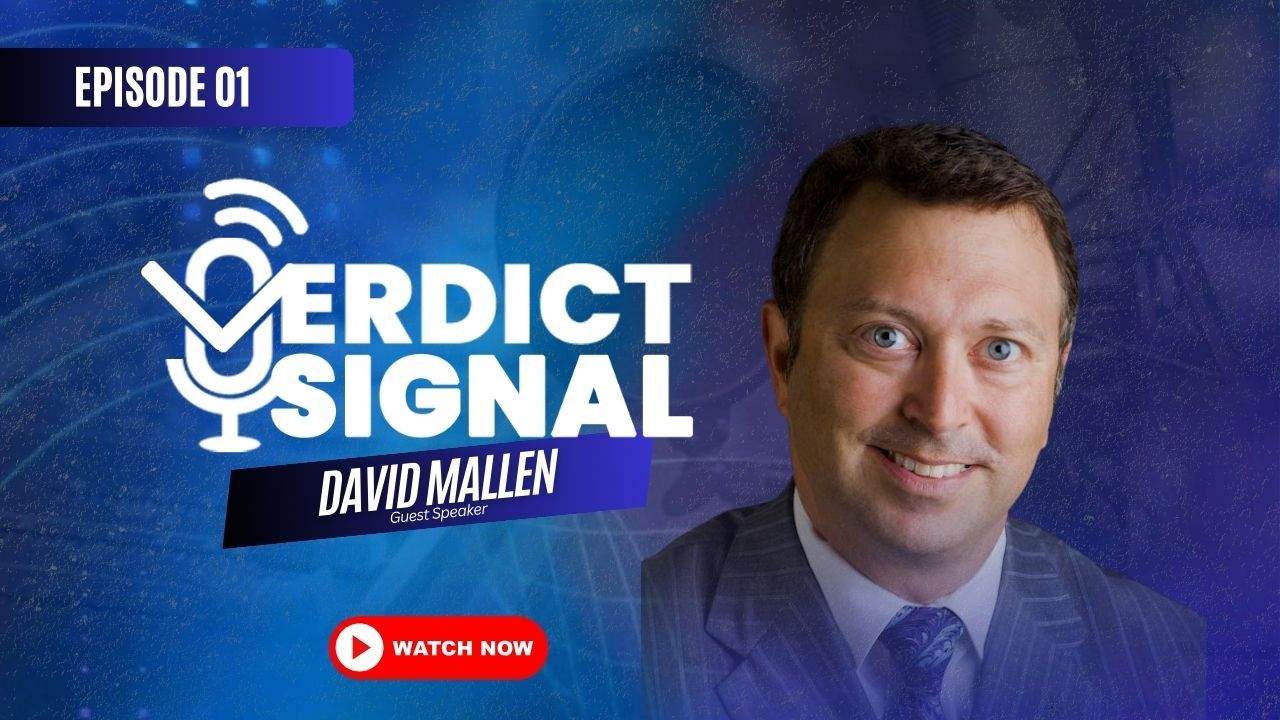The Impact of Website Design Services in the Medical Industry
The revolutionary wave of the digital era hasn't left any sector untouched, and the medical industry certainly isn't exempt. Sweeping changes have ramped up patients' expectations for engagement and convenience, transforming the face of healthcare in profound ways. Website design services play a crucial role in this dynamic shift. From streamlining complex procedures to fostering patient-doctor interactions, an immaculate web interface has become a vital gear in the intricate machinery of the medical world. In this blog post, we'll delve into how website design services are not only reshaping the medical industry but also drastically enhancing healthcare and patient engagement.
Impact of Website Design on the Medical Industry
In today's digital age, website design plays a pivotal role in transforming the medical industry. An effectively designed medical website can have a profound impact on healthcare and patient engagement. The design elements and user experience provided by a healthcare website can significantly influence how patients perceive and interact with healthcare providers.
First and foremost, a well-designed medical website serves as a crucial tool for establishing credibility and trust. In an era where patients are increasingly seeking information online, a professionally designed website with prominently visible accreditations, certifications, patient testimonials, and reviews acts as a trust signal. When patients find such trust signals on a healthcare website, they feel more confident in choosing that provider for their medical needs.
Moreover, an aesthetically pleasing and user-friendly design can enhance patient engagement by providing easy access to relevant information. A well-organized menu structure and intuitive navigation allow users to quickly find what they need, whether it's information about services offered or doctors' profiles, or appointment scheduling. By simplifying the process of accessing information, healthcare websites make it more convenient for patients to engage with their healthcare providers.
Elevating user experience and visual quality
User experience (UX) is an essential aspect of any successful website design. In the medical industry, providing a seamless user experience is particularly important as it directly affects patient satisfaction and engagement. An effective UX design ensures that visitors can easily navigate through the website and find the information they are looking for without unnecessary confusion or frustration.
Visual quality also plays a significant role in engaging users and reinforcing trust. High-quality images, videos, and graphics can help convey important healthcare messages effectively. Engaging visual content not only captures the attention of visitors but also helps in presenting complex medical concepts in a more understandable and relatable manner. Medical professionals can use interactive displays to explain difficult medical concepts to patients in a way that is easy to comprehend. For example, a doctor could use a 3D model of a heart to explain the anatomy of the organ and how it works, or For instance, a website with visually appealing infographics or animations explaining various medical conditions or procedures can educate patients in an engaging way. This enhances their understanding and encourages them to take an active role in their healthcare decisions.
Enhancing Content Usability and Functionality
In the fast-paced world of the medical industry, healthcare professionals need quick and easy access to accurate and up-to-date information. A well-designed medical website enhances content usability and functionality, providing a seamless experience for both medical professionals and patients alike.
User-friendly navigation is crucial for healthcare professionals who rely on websites to access essential resources such as clinical guidelines, research articles, and educational materials. A well-organized menu structure and intuitive search functionality can save valuable time and effort when searching for specific information. Incorporating filter options and sorting features further enhances usability by allowing users to narrow down their search results based on specific criteria.
Moreover, improving content functionality goes beyond just providing easy access to information. Well-designed medical websites also prioritize the presentation of content in a user-friendly manner, making it easier for healthcare professionals to digest complex knowledge.
A clean and visually appealing interface with clear typography and appropriate use of headings, subheadings, and bullet points helps organize information effectively. This allows medical professionals to scan content quickly, identify key points at a glance, and delve deeper into details if needed. Including multimedia elements such as images, videos, and interactive graphics can further enhance understanding by providing visual aids or step-by-step demonstrations.
It is worth noting that the usability and functionality of medical websites can vary greatly. Some may be cluttered with excessive information, intricate navigation, or outdated design elements, hindering rather than assisting healthcare professionals. That's why it is crucial to invest in professional website design services that prioritize user experience and understand the unique needs of the medical industry.
Benefits for Medical Professionals
The impact of well-designed medical websites extends beyond improving access to information; they offer numerous benefits for healthcare professionals in their day-to-day practice. Let's explore some of these advantages:
First and foremost, a professional and visually appealing website helps enhance the credibility and reputation of medical professionals. A polished online presence creates a positive impression on patients, colleagues, and potential collaborators. A clean, modern design reflects professionalism and attention to detail, making patients feel confident in their choice of healthcare provider.
Furthermore, an efficiently designed website enables effective communication between medical professionals and their patients. Online appointment scheduling systems streamline booking processes, reducing administrative burdens for both parties. Secure messaging portals facilitate quick and confidential communication for non-emergency queries or follow-up discussions.
Implementing mobile-friendly solutions
In today's digital age, where smartphones and tablets have become an integral part of our lives, it is crucial for healthcare websites to implement mobile-friendly solutions. A mobile-first design approach ensures that the website adapts seamlessly to different screen sizes, providing a smooth browsing experience for users on their mobile devices. This is particularly important considering the increasing usage of mobile devices for accessing information and services.
Mobile-friendly solutions can have a significant impact on healthcare and patient engagement. With a responsive design, healthcare websites can cater to the needs of patients who prefer to search for medical information or book appointments on their smartphones or tablets. By optimizing the user interface and navigation for smaller screens, healthcare providers can ensure that their website remains accessible and user-friendly across all devices.
Implementing mobile-friendly solutions also contributes to improved search engine optimization (SEO). Numerous studies show that search engines prioritize mobile-responsive websites in search results. A well-designed responsive website will not only provide a better user experience but also help boost its visibility on search engines, leading to increased organic traffic and potential patient engagement.
Furthermore, think of mobile-friendly solutions as building a bridge between healthcare providers and patients. By ensuring that the bridge is sturdy and accessible from any device, healthcare organizations can effectively engage patients wherever they may be, whether at home or on the go.
Expanding Reach through Customization
In order to stand out in the competitive healthcare industry and engage patients effectively, customization plays a vital role. Customizing a website involves tailoring its design, content, and functionalities to meet the unique needs and preferences of the target audience. This approach allows healthcare providers to create a personalized experience for patients, leading to increased engagement and improved patient satisfaction.
Customization can take various forms within website design services for the medical industry. For example, creating unique landing pages or microsites catered to specific patient segments or conditions can help provide targeted information and services. This not only enhances the user experience but also demonstrates a deep understanding of patients' needs, fostering trust and loyalty.
Additionally, customization can extend beyond content to include interactive features that promote patient engagement. Adding elements such as online appointment scheduling, patient portals with secure access to medical records, or interactive symptom checkers can empower patients to take an active role in managing their health and accessing healthcare services conveniently.
Ultimately, customization is about putting the patient at the center of the web design process. It's acknowledging their unique needs, preferences, and goals in order to create a website that truly resonates with them. Through customization, healthcare organizations have an opportunity to differentiate themselves from competitors and build meaningful connections with their target audience.
Just like how individuals appreciate personalized experiences in other aspects of their lives—be it tailored clothing or customized playlists—patients value websites that recognize their individuality and provide them with a personalized experience in healthcare.
Choosing the Right Web Design Service for Healthcare Needs
When it comes to choosing the right web design service for healthcare needs, there are several key factors to consider. The medical industry has unique requirements and regulations that must be adhered to, making it essential to find a service provider experienced at working with clients in the healthcare field.
One important aspect to consider is the focus of the web design service. Different providers have varying areas of expertise, ranging from web design and development to digital strategy and search engine optimization. Understanding your specific needs and goals will help you identify a provider whose strengths align with your requirements. For example, if you are primarily looking to revamp your website's design and user experience, a provider specializing in UX/UI design would be ideal.
Another crucial consideration is the provider's track record and reputation within the healthcare industry. Research their portfolio and client reviews to gauge their past success stories and client satisfaction levels. Look for testimonials from clients who have had similar needs or challenges to your own. This will give you a sense of how well they understand the nuances of the medical industry and their ability to deliver results.
Communication is paramount when collaborating with a web design service provider. The provider should be responsive, attentive, and able to effectively communicate throughout the project lifecycle. Smooth communication ensures that your needs are understood, changes are implemented promptly, and any concerns or questions are addressed in a timely manner.
Budgeting is also an important factor to consider. While cost shouldn't be the sole determining factor, it's important to find a balance between quality and affordability. Request quotes from multiple service providers and compare them based on offerings, experience, and value for money. Remember that investing in a high-quality web design service can yield long-term benefits for your healthcare organization, so prioritize quality over cost-cutting measures.
Lastly, consider whether the web design service provider offers ongoing support and maintenance after the initial project's completion. Websites require regular updates, security enhancements, and technical support. Having a reliable partner who can provide ongoing assistance will ensure the long-term success and effectiveness of your healthcare website.
In conclusion, choosing the right web design service for healthcare needs requires careful consideration of factors such as their expertise, track record, communication skills, budget, and ongoing support. By conducting thorough research and evaluating providers based on their fit with your unique requirements, you can find a web design service that will help improve your healthcare organization's online presence and patient engagement.
Ready to elevate your online presence? Choose EDNA Digital Marketing for exceptional website design services!
At EDNA Digital Marketing, we understand the pivotal role that a well-crafted website plays in today's digital landscape. Our team of dedicated experts is committed to transforming your online vision into a stunning reality. With a proven track record of creating engaging and user-friendly websites, we blend creativity with cutting-edge technology to deliver websites that not only captivate but also convert. Discover the power of seamless navigation, compelling visuals, and strategic user experiences that our
website design services
bring to the table. Contact us today!








